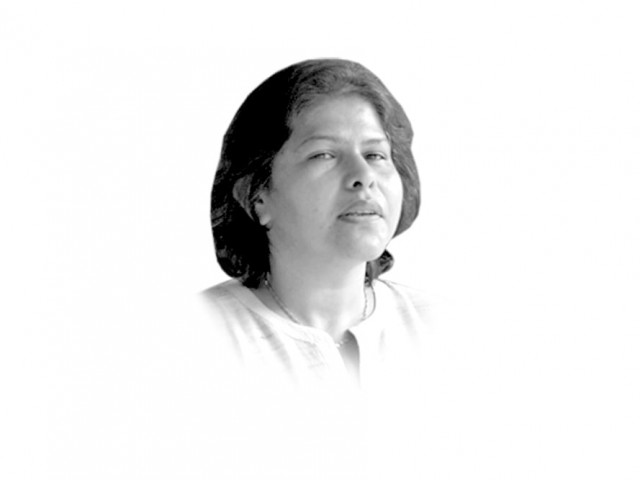Can we change our ‘hate-India’ mindset?
The title “Can we change our ‘hate-India’ mindset?” was deceptive as the piece was more about Bangladesh...

The article inferred that development in the country, as in the case of Bangladesh, would help get rid of our anti-India policy. To say the least, this sounds like an absolutely incorrect reading of the past, present and even the future. Bangladesh and Pakistan are different — as one of the main political players in Dhaka, the Awami League, traditionally has good ties with India. This is mainly because part of the Bangladeshi military, the Mukti Bahini freedom fighters, is indebted to India. Ziaur Rehman’s BNP under the leadership of his wife Khalida Zia, on the other hand, had relatively better ties with Pakistan. This could also be due to the fact that Bangladesh’s General Zia was part of the repatriated officers who form a bulk of Bangladesh military’s officer corps.
In Bangladesh, the common man, especially those in the border areas, dislikes India more than Pakistanis due to border skirmishes between the two neighbours, and other issues including smuggling of cattle and water. The reason such popular opinion does not translate automatically into more conflict is because, unlike in Pakistan, Bangladeshi governments are not willing to use this negative opinion to their political advantage.
As for the Bangladeshi model of political change that Mr Chaudhry and others of his ilk so like, it was a top-down change envisioned by the country’s middle class. However, it did not manage to weed out the political actors it so wanted to. Nor has the Grameen Bank model brought real change in Bangladesh. In fact, it was later discovered that the bank was deceptive in reporting its financial performance. More recent research, some of which can be read in the autumn issue of the South Asian magazine Himal, shows that Yunus’s was a neo-liberal approach which increased indebtedness of the local community without increasing profits because too many people were doing the same thing through micro-credit loans. However, since the collateral was indirect, people tended to waste money rather than put it to good use.
Had Mr Chaudhry looked deeper, he might have discovered two broad reasons for why Bangladesh has performed better than Pakistan. Despite the high polarisation of the Bangladeshi state and society, they are largely committed to a secular identity. Although the majority of people are Muslims there have never been claims of the country being the fortress of Islam which can only be defended militarily. The separation of religion from politics provides a healthy space in which faith can grow and allow people to coexist.
To Bangladesh’s advantage, its military’s initial structure was not professional despite the fact that the bulk of its officers were those repatriated from Pakistan. This meant that the military continued to be less Machiavellian in the initial part of the country’s history. Although the army conducted two coups, it could also be pushed out because it had not managed to create a powerful national narrative that was based on inciting fear and gathered people around the armed forces.
The fact of the matter is that India-hatred is the raison d’être of Pakistan’s security apparatus. This, in isolation, is not wrong since all militaries are designed to respond to an external threat. The main problem is that like the Prussian army, our military has become larger than life and continues to paddle anti-Indianism as the nation’s driver. Under the circumstances, many like Shahzad Chaudhry may privately or publicly confess to anti-Indianism, posing a problem for economic growth, but fail to offer a solution. Settlement of outstanding disputes alone may not solve the problem — the solution of disputes itself is linked with a change in perception.
Published in The Express Tribune, October 24th, 2010.














COMMENTS
Comments are moderated and generally will be posted if they are on-topic and not abusive.
For more information, please see our Comments FAQ